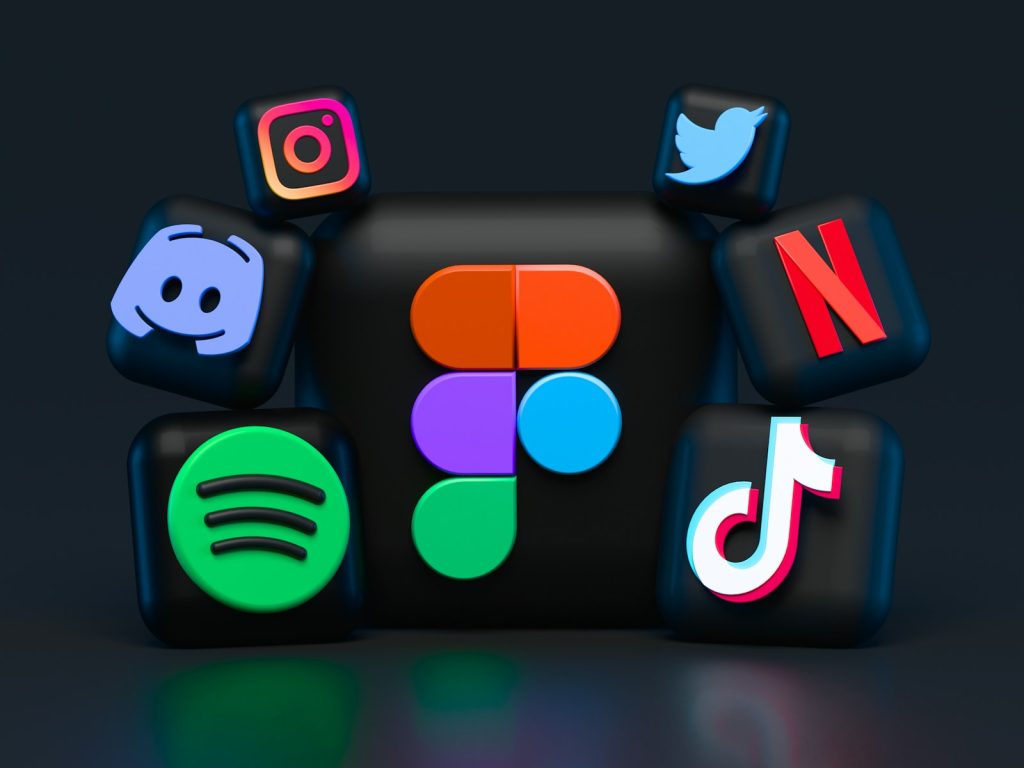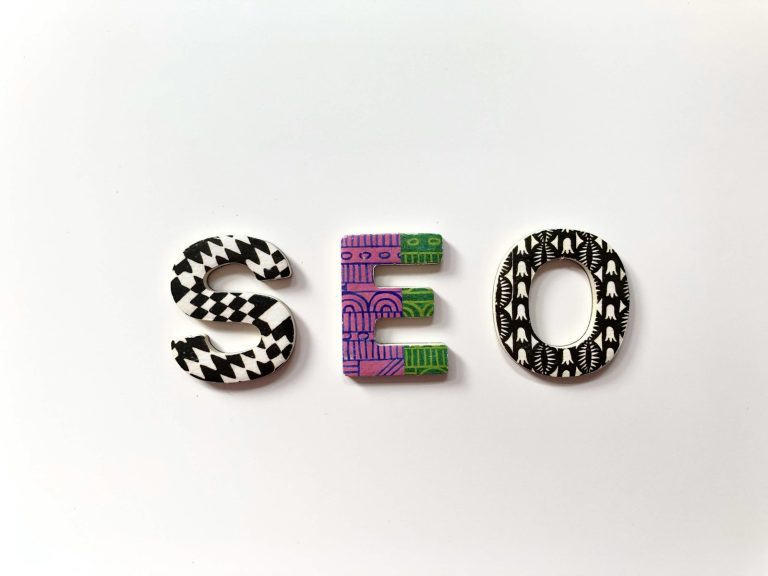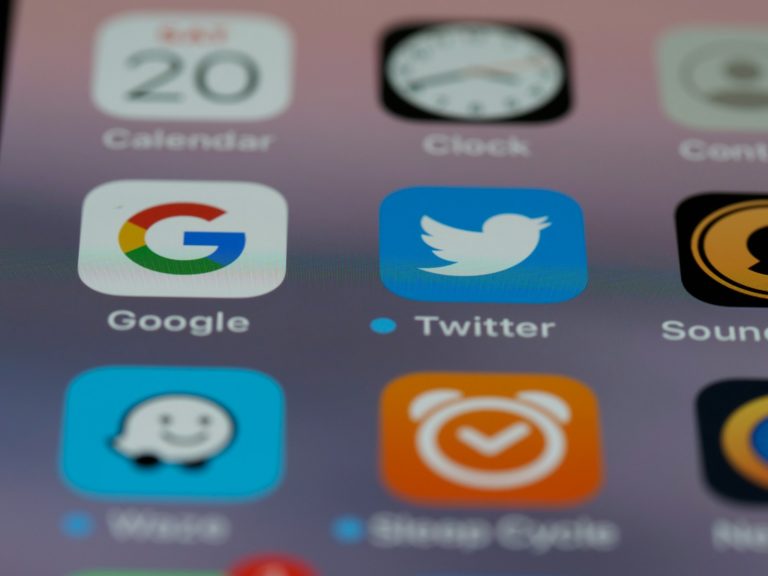
In the ever-evolving landscape of digital marketing, businesses are constantly searching for ways to enhance their online visibility and attract more traffic to their websites. Social media and SEO (Search Engine Optimization) are two powerful tools in this endeavor, but the relationship between them is often misunderstood. Does social media directly impact SEO rankings? While the connection may not be as straightforward as some might think, social media undoubtedly plays a significant role in supporting and amplifying SEO efforts. Here’s a closer look at how social media can influence SEO.
1. Social Media Does Not Directly Affect Rankings
First, it’s essential to clarify a common misconception: social media signals, such as likes, shares, and followers, are not direct ranking factors in search engine algorithms like Google’s. Google has explicitly stated that it does not use social media metrics as part of its ranking criteria.
However, this does not mean that social media is irrelevant to SEO. Instead, it acts as an indirect yet powerful driver of factors that influence SEO, such as traffic, content visibility, and brand authority.
2. Increased Content Visibility and Traffic
Social media platforms are an excellent way to distribute content and drive traffic to your website. By sharing blog posts, infographics, videos, and other content on platforms like Facebook, Twitter, and LinkedIn, you increase the chances of your content being seen by a broader audience. This visibility can lead to more clicks, shares, and engagement, which in turn signals to search engines that your content is valuable and relevant.
When content resonates with users on social media, it often gains momentum, leading to higher referral traffic. High-quality traffic generated through social media not only boosts engagement metrics like time on site and pages per session but also enhances the likelihood of earning backlinks, which are a critical ranking factor for SEO.
3. Building Backlinks Through Social Media
Backlinks are a cornerstone of SEO, and social media can be a catalyst for earning them. When your content is shared widely on social platforms, it reaches influencers, bloggers, and journalists who may link to it in their articles, blogs, or websites. This organic link-building is invaluable for improving your site’s domain authority and rankings.
Additionally, social media platforms themselves can serve as a repository of backlinks. For example, sharing your content with a link on platforms like Pinterest or YouTube can create additional pathways for users to find your website.
4. Strengthening Brand Authority and Recognition
A strong social media presence contributes to building brand awareness and authority. When users repeatedly encounter your brand across multiple channels, they are more likely to trust your business. This increased trust can lead to higher click-through rates (CTR) when your website appears in search results—a positive signal for search engine algorithms.
Furthermore, authoritative and consistent branding across social platforms can indirectly improve your SEO by encouraging users to search for your brand directly. Branded search queries are a sign of trust and recognition, which search engines may reward with higher rankings.
5. Improved Local SEO
For local businesses, social media platforms are indispensable. Updating your business information on platforms like Facebook and Instagram, along with engaging in location-specific posts and hashtags, can improve your local SEO. Social media interactions, reviews, and check-ins often influence local search visibility, making it easier for nearby customers to discover your business.
6. Social Media Profiles and Search Visibility
Social media profiles themselves can rank in search engine results. When users search for your brand name, your social profiles often appear alongside your website. These additional search results provide more opportunities for users to interact with your brand, potentially increasing traffic and engagement.
Moreover, having active, well-optimized social media profiles can enhance your online presence and help control how your brand is perceived in search results.
7. The Role of Social Signals in Indirect SEO
While social signals may not directly affect search rankings, they play a significant role in influencing user behavior. High levels of engagement on social media indicate to search engines that your content is valuable and relevant, indirectly contributing to better rankings. Moreover, social platforms often facilitate longer-lasting content lifecycles, ensuring your content continues to attract attention and traffic over time.
While social media may not directly influence search engine rankings, its indirect impact on SEO is undeniable. From driving traffic and building backlinks to enhancing brand authority and improving local SEO, social media can amplify your SEO efforts in meaningful ways. By integrating a robust social media strategy with your SEO initiatives, you can create a synergistic effect that boosts your overall digital marketing success. The key is to produce high-quality, shareable content and to engage actively with your audience across platforms. When done right, social media and SEO can work hand-in-hand to elevate your online presence and achieve your business goals.



